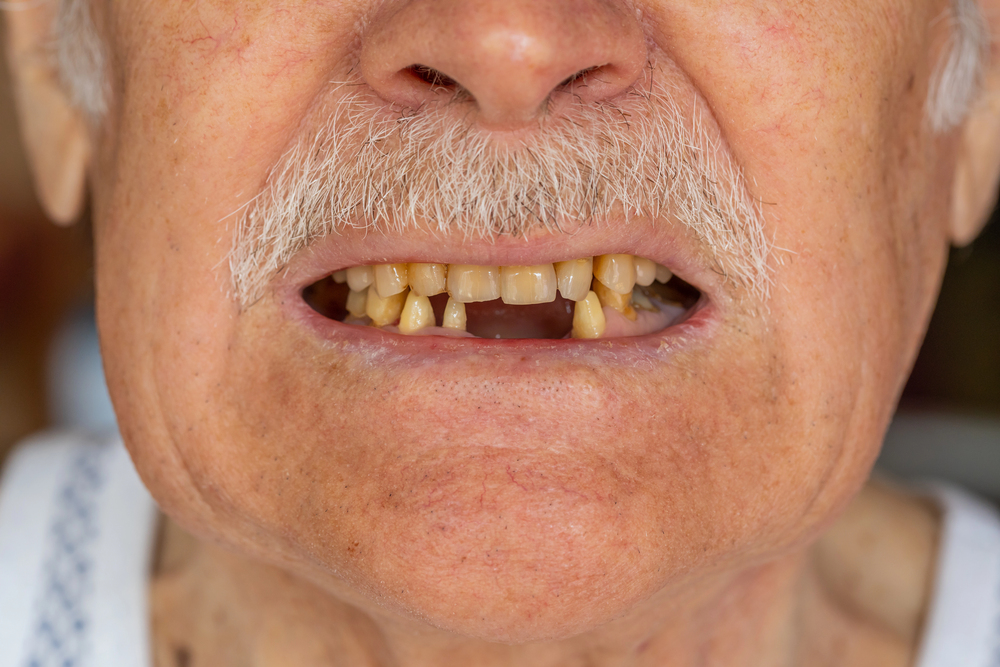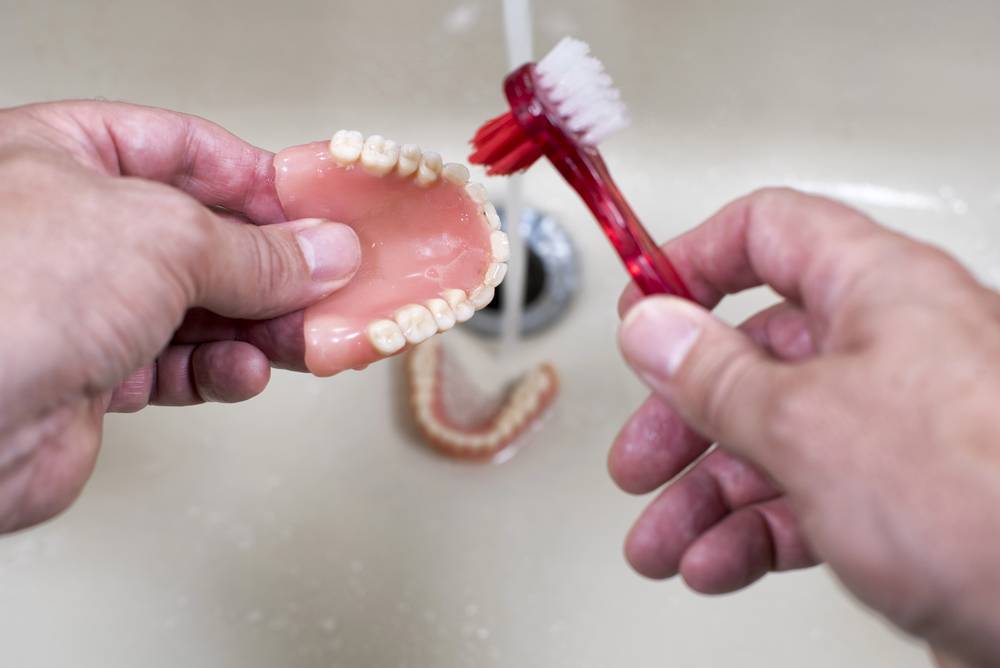Risks of Poor Oral Healthcare in Nursing Home Residents

Risks of poor oral healthcare in nursing home residents are often overlooked, even though oral health plays a critical role in a resident’s overall health and quality of life. Without proper oral hygiene, nursing home residents are vulnerable to painful dental problems and serious medical complications.
Poor oral healthcare can quickly lead to infections, difficulty eating, and a steep decline in well-being. Family members trust facilities to provide proper care, and when that trust is broken, legal options exist. A nursing home neglect lawyer can help families pursue compensation for harm caused by poor oral care.
Common Oral Health Conditions Among Nursing Home Residents
Poor oral health is widespread among nursing home residents. Common conditions include gum disease, untreated dental caries (cavities), broken teeth, missing teeth, dry mouth, and ill-fitting dentures.
These issues often cause daily pain, make it difficult to chew or swallow food, and can diminish a resident’s overall health. Many residents lose their natural teeth due to a lack of consistent tooth brushing and dental care. Poorly fitting dentures and broken teeth can make eating painful, leading to poor nutrition and a lower quality of life.
Daily oral hygiene routines are necessary to prevent these problems.
Systemic Risks Linked to Poor Oral Health in Nursing Homes
Poor oral health problems can lead to systemic health issues that threaten an elderly person’s life. Poor oral hygiene increases the risk of aspiration pneumonia, a life-threatening infection caused by inhaling bacteria from the mouth into the lungs.
Cardiovascular disease has also been linked to gum inflammation and infection through bacteria entering the bloodstream. Malnutrition often develops because residents with poor oral health may avoid eating due to mouth pain. A systematic review of dental health in nursing home residents highlights these serious connections.
Barriers to Proper Oral Care in Nursing Homes
Several barriers prevent nursing homes from providing adequate oral care.
Understaffing is a major problem, leaving nursing home staff without enough time for routine oral care. Many staff members lack proper training in dental hygiene and may not know how to assist residents with cognitive impairment or physical limitations.
Residents with Alzheimer’s disease or other cognitive conditions may resist tooth brushing or denture care without gentle, skilled help. Without trained dental hygienists on-site, the risks of poor dental hygiene in nursing home residents continue to grow, leading to avoidable suffering and declining oral health status.
Legal Obligations and Federal Regulations
Nursing homes are legally required to maintain residents’ oral health under federal law. Facilities must assess the oral health status of each resident and include dental care as part of the resident’s overall care plan. Routine care and access to necessary dental services are mandated by the Centers for Medicare & Medicaid Services (CMS) regulations.
Failing to provide daily oral hygiene, address dental health issues, or refer residents to dental professionals can constitute nursing home neglect. Facilities that ignore these legal obligations may be held accountable for the consequences of poor oral hygiene and systemic health complications.
Recognizing Signs of Oral Health Neglect
Family members and caregivers must remain alert to signs of poor oral care. Warning signs include persistent bad breath, broken teeth, visible cavities, bleeding gums, missing teeth, mouth sores, and complaints of mouth pain. A resident who avoids eating, loses weight, or expresses dental discomfort may be suffering from untreated oral health problems.
Regular check-ins, visual inspections during visits, and open conversations with residents can help families spot oral health neglect early. Asking nursing home staff about the resident’s daily oral hygiene routine and access to dental services is also important.

Steps to Take if You Suspect Neglect
If you suspect your loved one is suffering from poor oral healthcare in a nursing facility, immediate action is necessary. Follow these steps:
- Document the evidence: Take photos of dental issues, note any complaints or visible problems, and keep records of any conversations with staff.
- Report concerns: Notify the nursing home administrator and the state’s health department or ombudsman.
- Request medical and dental evaluations: Ensure your loved one receives appropriate treatment for any oral health conditions.
- Consult legal professionals: Speak with an attorney experienced in nursing home neglect cases. A lawyer can review your case, gather evidence, and hold the facility accountable for inadequate dental care.
Seek Expert Legal Counsel
Oral health is an essential part of maintaining dignity, comfort, and overall well-being for nursing home residents. Poor oral hygiene can lead to suffering, malnutrition, life-threatening infections, and lasting health complications. Families must remain proactive in checking their loved ones’ oral health and demanding quality care.
If you believe a nursing home has failed to provide proper dental care, legal action can help hold them responsible and recover compensation for your loved one’s pain and losses.
Contact Nursing Home Law Center for a free consultation. Our team is experienced in handling cases involving poor oral healthcare, nursing home neglect, and elder abuse. Call us at (800) 926–7565 or fill out our contact form.

